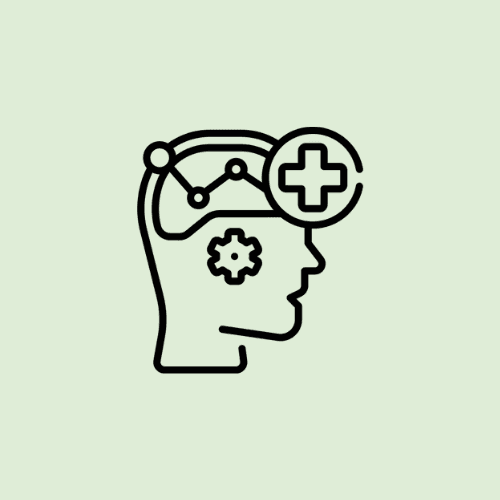What is it?
Hopeful Horizons has a team of highly qualified, consultant psychiatrists who are medical doctors with specific training in the assessment, diagnosis and treatment of mental illnesses. They are licensed to prescribe medication and conduct therapy based on an individual’s mental health needs.

Who needs it?
Psychiatric Consultations
Comprehensive evaluations performed by qualified psychiatrists to understand an individual's mental health needs, including assessment of symptoms, history, and personal circumstances.
Medication Management
Mild symptoms might not need medical management, however when needful tailored pharmacological treatment for various mental health conditions of moderate to severe symptoms including:
Depression
Bipolar Disorder
Stress and Adjustment Issues
Trauma
Aggressive Behavior
Phobias
Anxiety Disorders
Obsessive-Compulsive Disorder (OCD)
Personality Disorders
Eating Disorders
Schizophrenia and Psychosis
Attention Deficit Hyperactivity Disorder (ADHD)
Headache
Sleep related problems
Body Image problems
Post-Partum Blues / Depression
Paranoia
Alcohol related problems
Cannabis related problems
Smoking cessation
Internet Addiction
Sexual problems
Forgetfulness
Dementia
Unexplained aches and pains
Intellectual Disability
Psychological Assessments
Detailed evaluations and reports for educational institutions and occupational health reports
Mental fitness certification as part of the employment screening process for foreign employment
Seminars on Mental Wellbeing and Psychiatry
Educational sessions aimed at promoting awareness and understanding of mental health issues, treatment options, and self-care strategies to improve mental wellness in the community.
Psychiatric management is often necessary for individuals experiencing various mental health issues that can significantly affect their daily functioning and overall quality of life. Here are some key groups of people who may benefit from psychiatric management:
Individuals with Mental Disorders: Those diagnosed with mental health conditions such as depression, anxiety disorders, bipolar disorder, schizophrenia, and personality disorders require psychiatric care for symptom management and treatment.
People in Crisis: Individuals experiencing acute mental health crises, including suicidal thoughts, severe anxiety attacks, or psychotic episodes, need immediate psychiatric intervention to ensure their safety and stabilize their condition.
Those with Co-occurring Disorders: Individuals struggling with both mental health and substance abuse issues often need integrated psychiatric management to address both concerns simultaneously.
Chronic Physical Illness: People with chronic medical conditions (like cancer or diabetes) may experience mental health challenges due to the stress of managing their illness, necessitating psychiatric support.
Trauma Survivors: Individuals who have experienced significant trauma, such as abuse or natural disasters, may develop PTSD or other related conditions, requiring psychiatric evaluation and treatment.
Children and Adolescents: Young people facing emotional or behavioral issues—such as ADHD, depression, or anxiety—often benefit from psychiatric management to help them navigate developmental challenges.
Older Adults: Seniors may experience mental health issues related to aging, such as dementia or late-onset depression, needing tailored psychiatric support for their unique needs.
Individuals with Significant Life Changes: Those undergoing major life transitions—like divorce, job loss, or bereavement—may experience emotional distress that warrants psychiatric evaluation and management.
In all cases, psychiatric management includes a comprehensive assessment, potential medication management, psychotherapy, and ongoing support tailored to the individual's needs.
It is essential for individuals to seek help from a mental health professional if they feel their emotional or psychological wellbeing is at risk.
